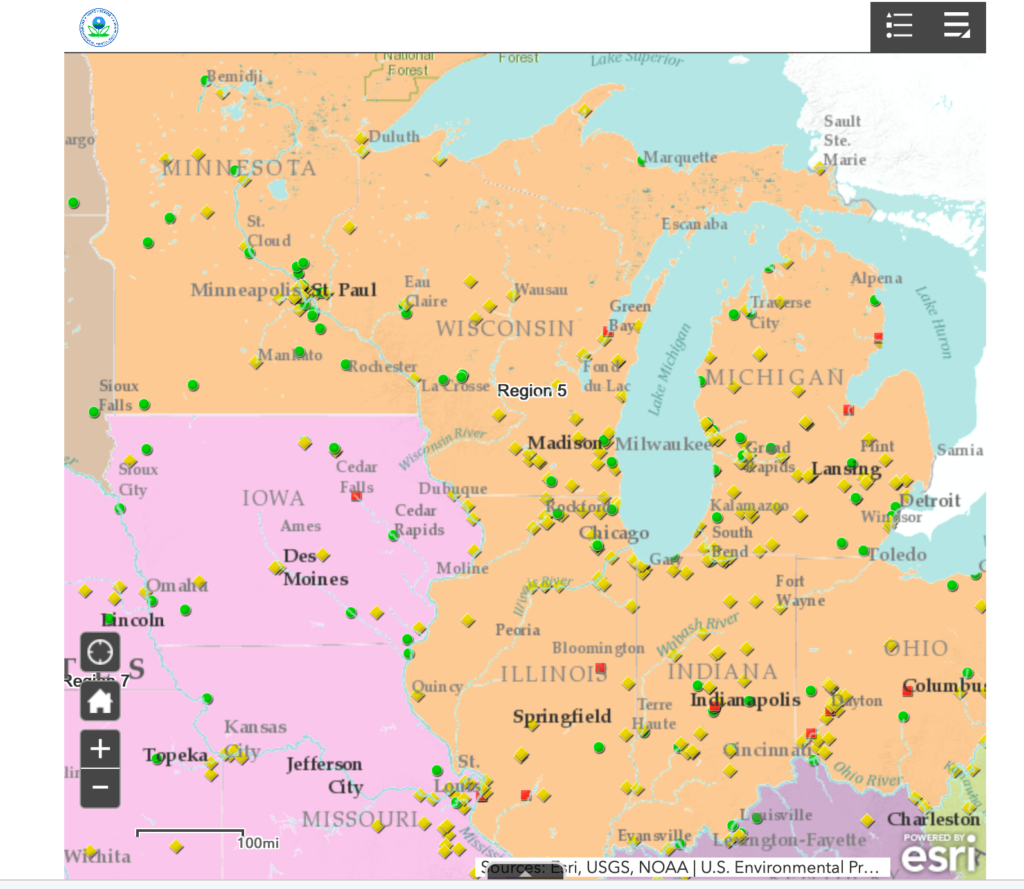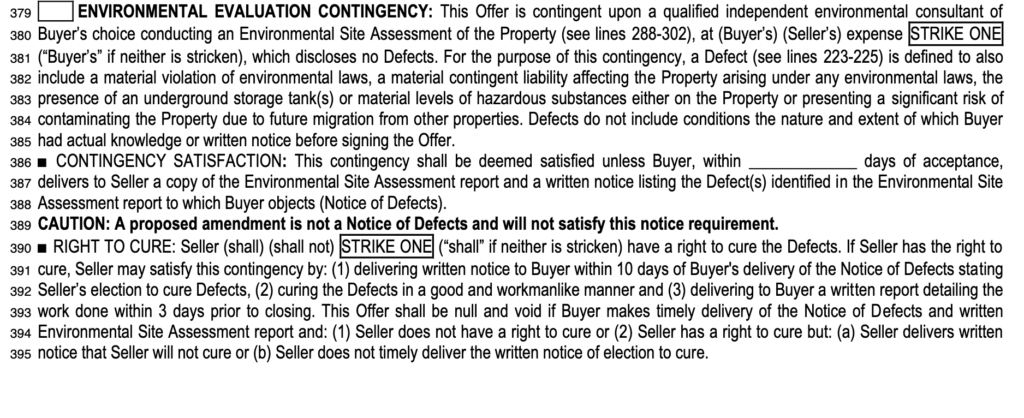When people say “Superfund,” I don’t think purchases of “run of the mill” commercial real estate come to mind (as often as they maybe should). Prior to becoming a lawyer, the word “Superfund” evoked images of Mad Max-esque chemical spill disasters, rampant white collar crime and greedy capitalism in my mind – the purchase of an office park, or future nature preserve, by an average person who isn’t DuPont? No.
This post is about the Superfund program and how it impacts the purchases of commercial real estate right here in South Eastern Wisconsin. If you’re a budding real estate mogul, Superfund will be on your radar sooner rather than later. Read on for a short introduction, and be prepared to leave the post with more questions than answers!
First, a little history: The Comprehensive Environmental Response, Compensation, and Liability Act – “Superfund” was passed in 1980; the government’s response to massive environmental disasters like Love Canal, which were perpetrated by some of the largest chemical companies in the country. To achieve broad enforcement and to collect as much money for clean up efforts as possible, the law casts a wide net of “potentially responsible parties” that can be held liable for contamination and be forced to clean it up. Spoiler alert – Superfund applies not only to the polluters, but the future land owners of contaminated land too (and that’s why this should matter to you)!
Second, a little geography: South Eastern Wisconsin’s heritage is one of industry and farming, two activities which, historically, have contributed to contamination. Look at the map of Superfund sites below – our corner of Wisconsin is pretty famous (and that’s why this should really matter to you)!

So what does this mean for purchasers of real estate? A few things:
- If you’re buying property, but especially if you’re buying property around known contamination, you need to be aware of Superfund.
- The Superfund program does have exemptions and protections from liability (this is America!), but you have to know how to take advantage of them. Simply “not knowing” isn’t (usually) a good enough defense.
- All the defenses that will work best for you, a prospective purchaser of possibly contaminated land, hinge on the performance of a Phase I Environmental Site Assessment prior to Closing. Think Superfund is something not a lot of people think about (you’d be right!) but….look, a “Phase I” is even a specifically listed contingency on the Wisconsin Commercial Offer to Purchase….so at least the guy who wrote the form was thinking about it!

Have more questions? Don’t hesitate to ask.

